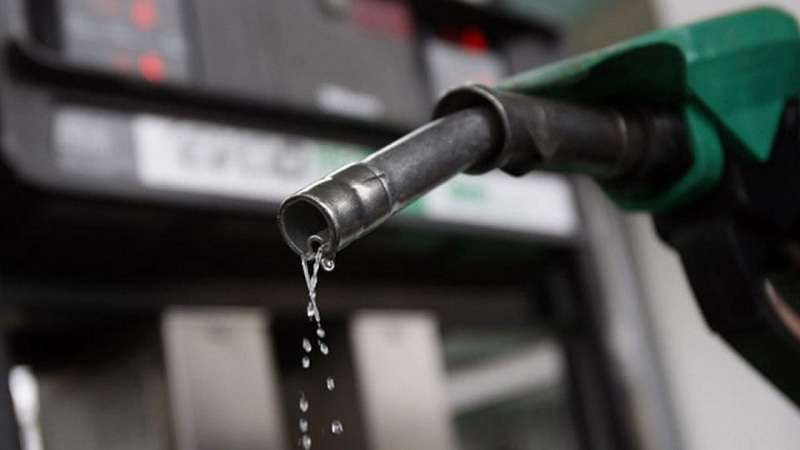Islamabad, January 31, 2024 – In a move that could have political repercussions, Pakistan has announced an increase in petroleum prices just days before the general elections scheduled for February 8, 2024.
The decision, revealed in a late-night statement on Wednesday, has stirred debates and concerns among citizens, as the cost of living becomes a crucial issue leading up to the polls.
According to the official statement from the Ministry of Finance, the government has decided to raise the price of petrol by Rs 13.55 per liter and high-speed diesel by Rs 2.75 per liter. As a result, the new petroleum prices for the first half of February 2024 will be Rs 272.89 for petrol, up from Rs 259.34, and Rs 278.96 for high-speed diesel, up from Rs 276.21.
The decision to increase fuel prices was based on the recommendations put forth by the Oil and Gas Regulatory Authority (OGRA). The ministry emphasized that these adjustments in petroleum product prices were necessary during the fortnight starting from February 1, 2024, reflecting the fluctuations in international oil markets.
While the government rationalized the move by citing OGRA’s recommendations and the need to align domestic prices with global market trends, critics argue that the timing is suspect. With the general elections just around the corner, the opposition and concerned citizens question the motive behind such a decision, speculating whether it was a politically motivated move to generate additional revenue for the government.
The price hike is expected to have a direct impact on the already burdened citizens, as it will contribute to the rising inflation and cost of living. The move may particularly affect those who heavily rely on personal transportation for their daily commute and businesses that are dependent on the transportation of goods.
Political analysts suggest that the opposition parties could use this announcement to sway public opinion against the ruling party. The timing of the fuel price increase, coming so close to the elections, could potentially become a focal point for opposition campaigns, with promises of economic relief and stability.
However, the government contends that the decision is a necessary step to maintain fiscal responsibility and ensure the financial stability of the country. They argue that the adjustments in petroleum prices are in line with the global oil market, and the government is committed to managing the economic challenges effectively.
As the new petroleum prices come into effect from February 1, 2024, it remains to be seen how the public will react to this development in the lead-up to the elections. With economic concerns already a significant factor in voter decision-making, the fuel price hike adds another layer of complexity to an already charged political atmosphere. The coming days will reveal whether this move influences the electoral landscape and shapes the preferences of the voting population.
